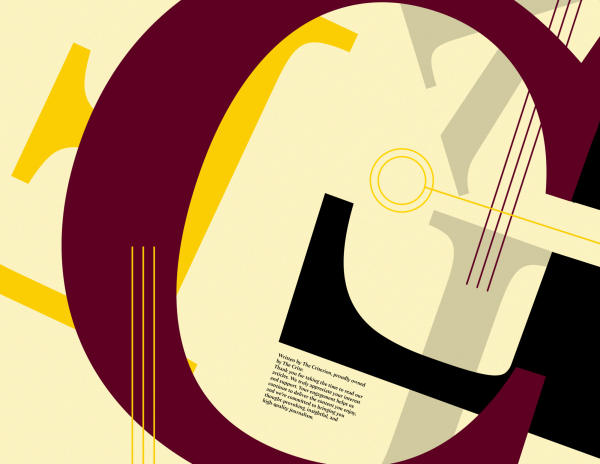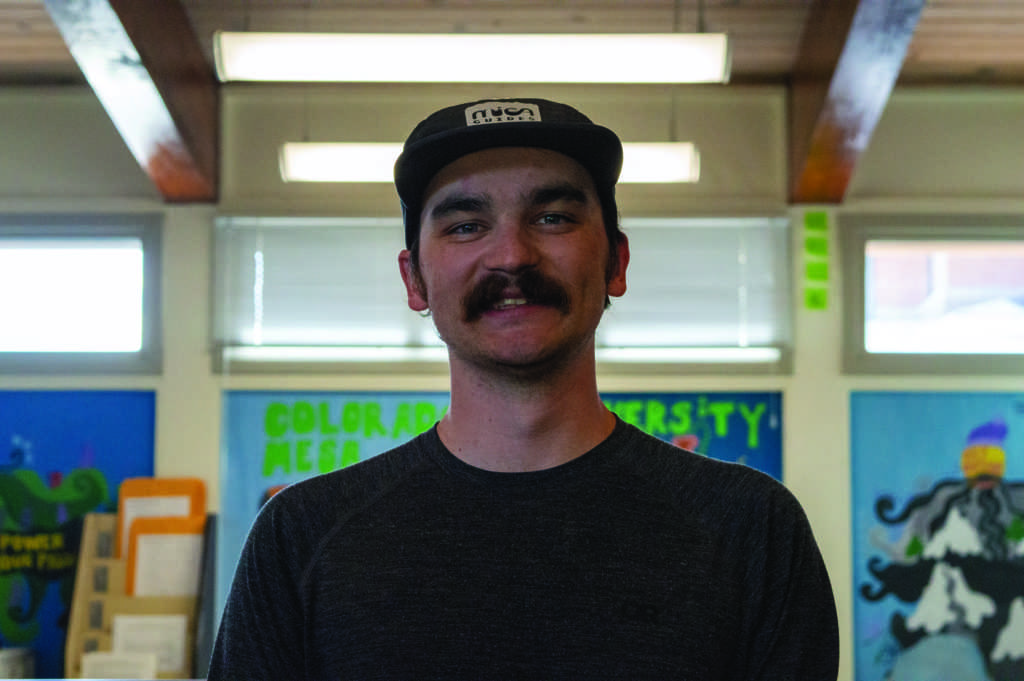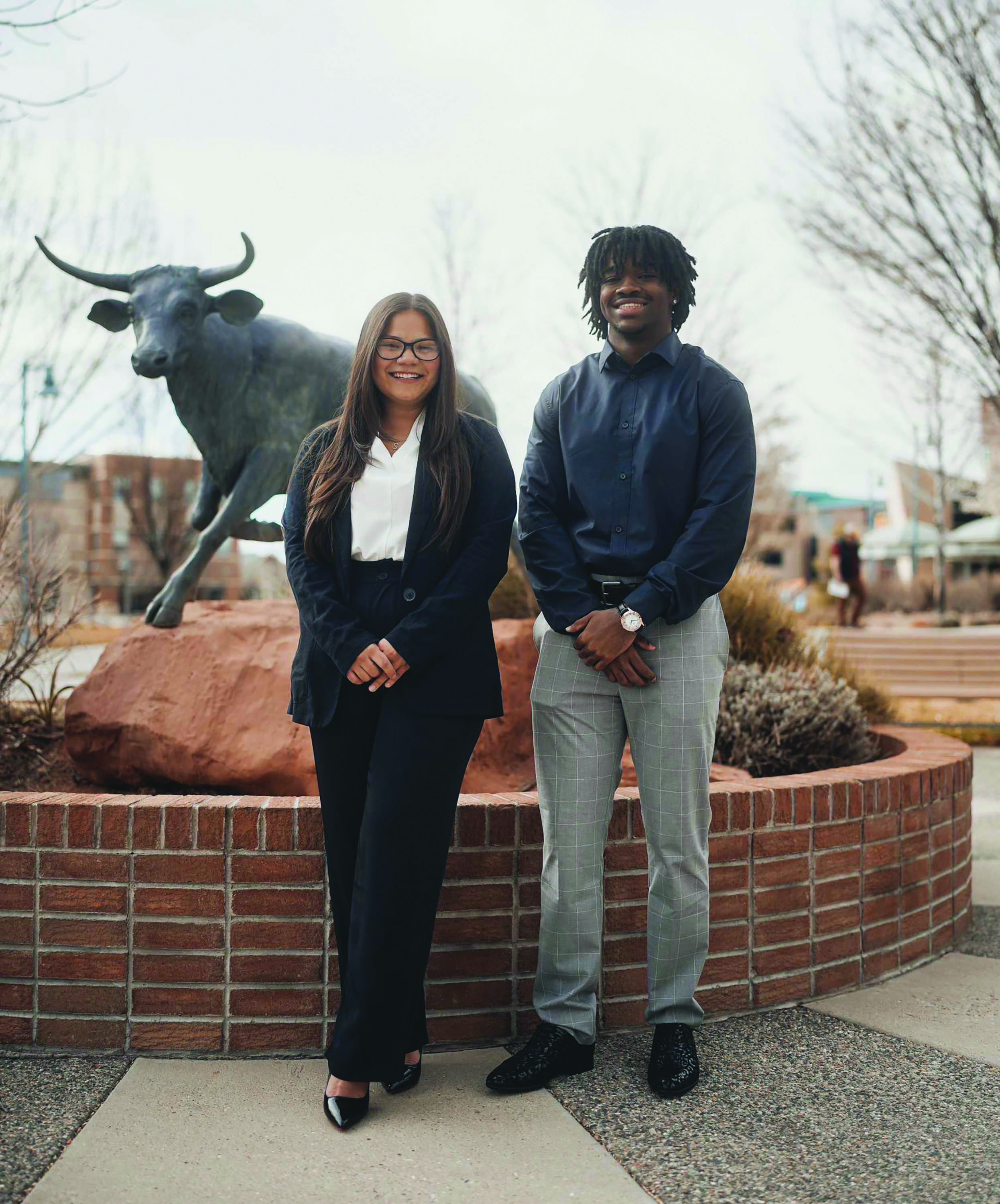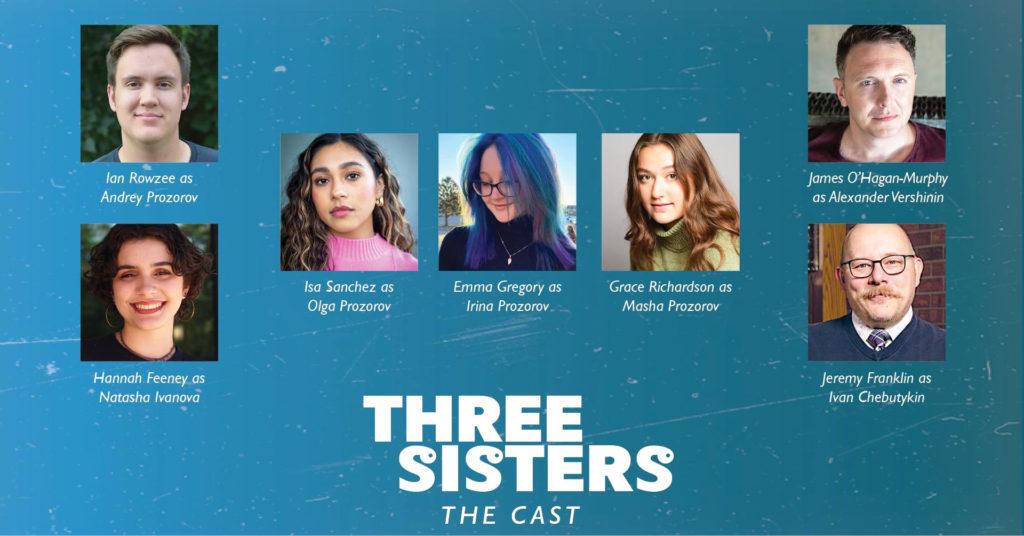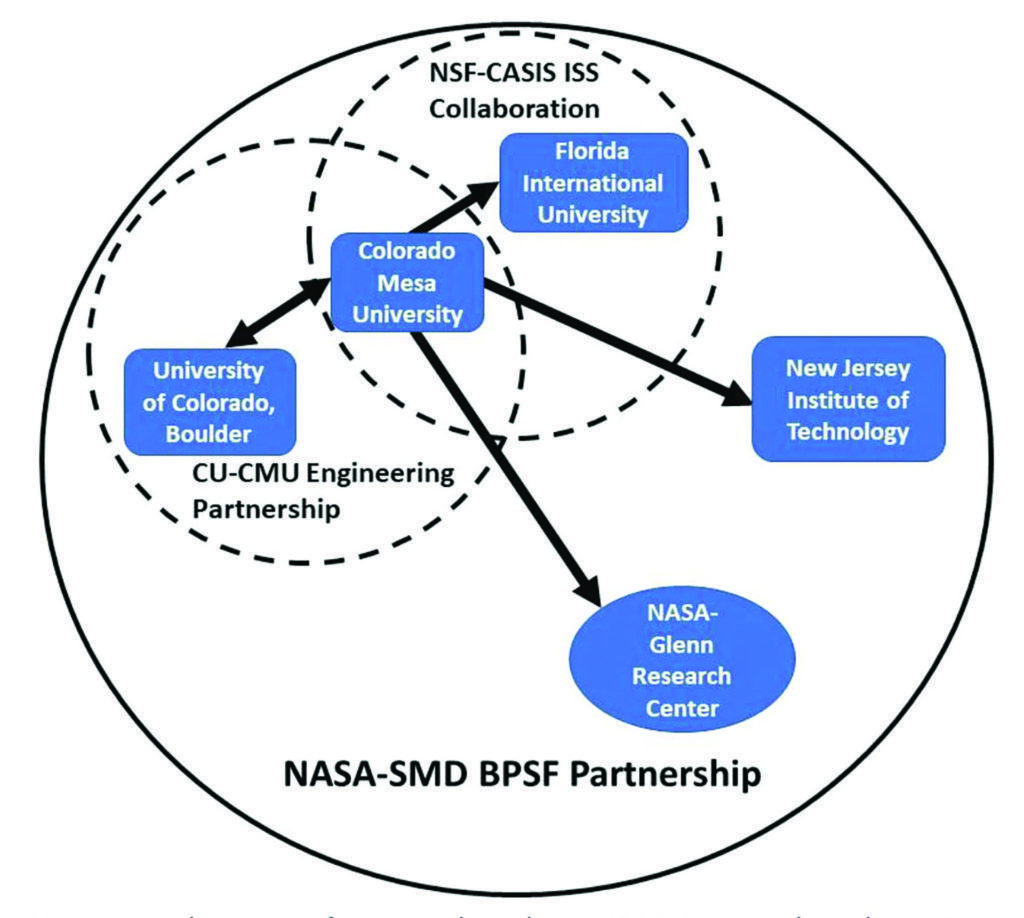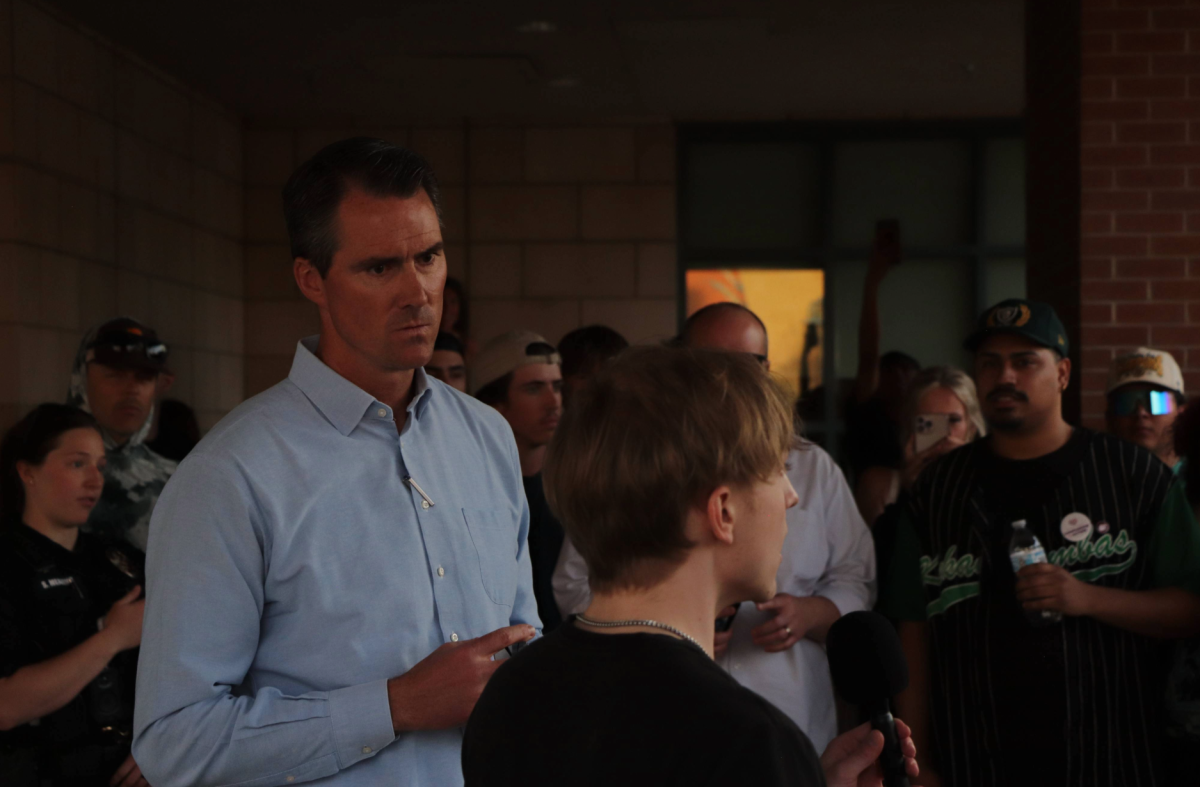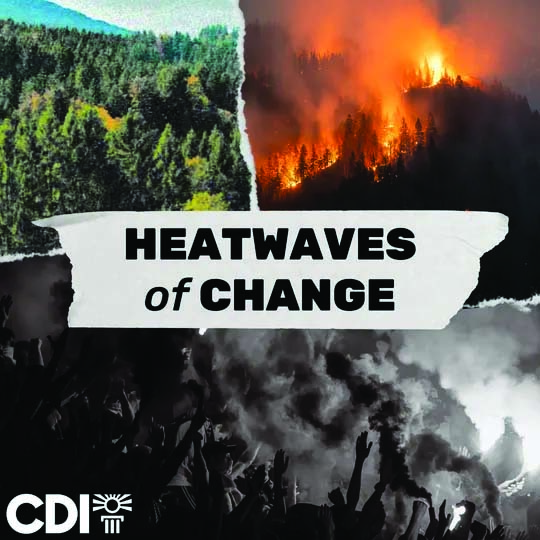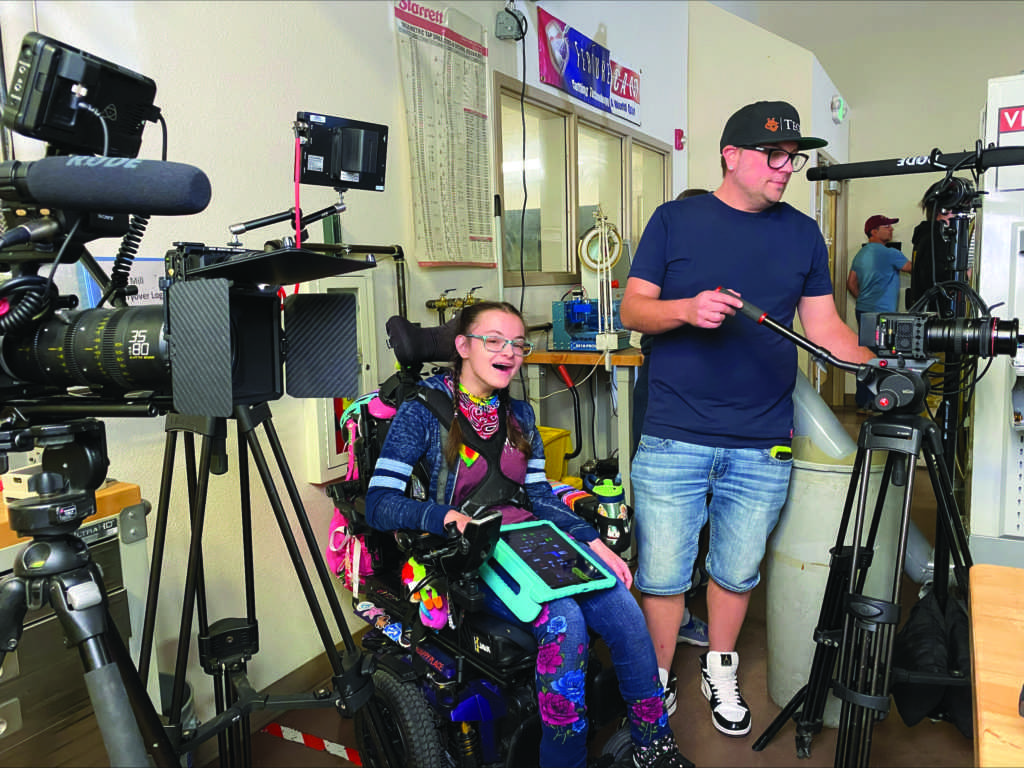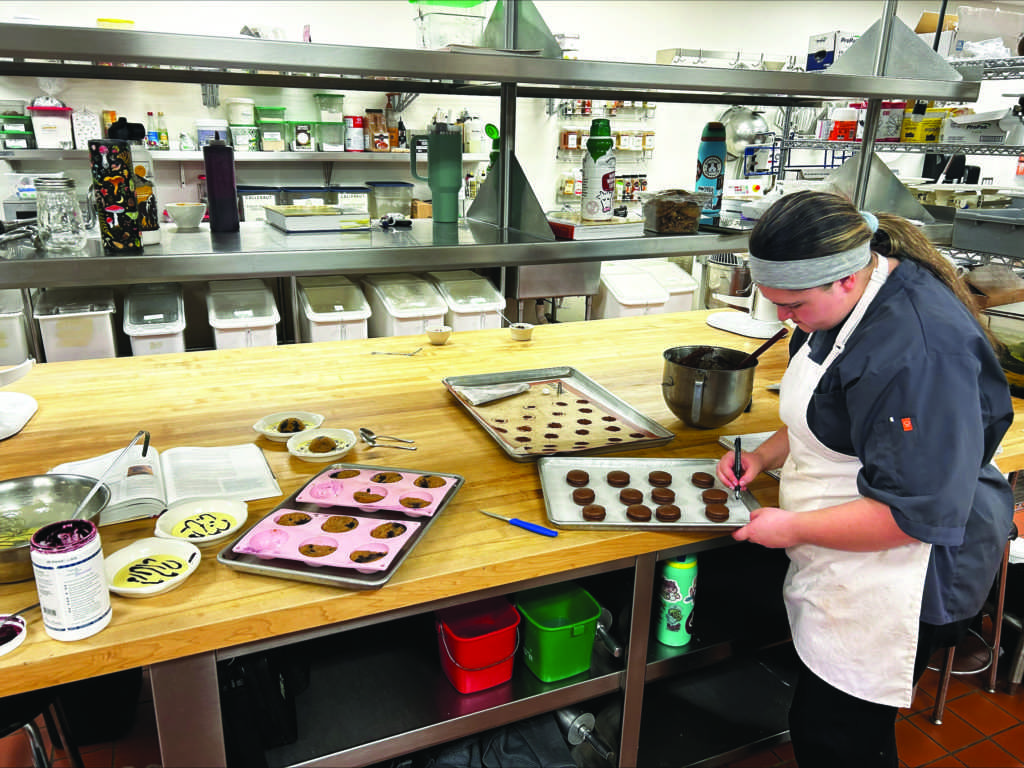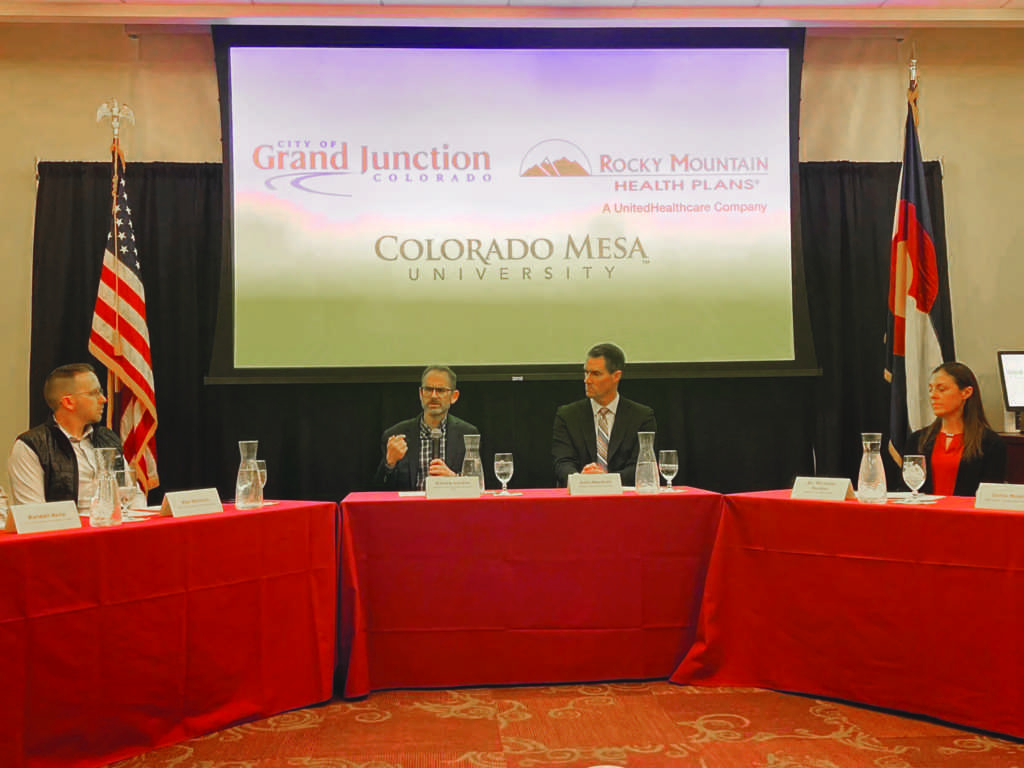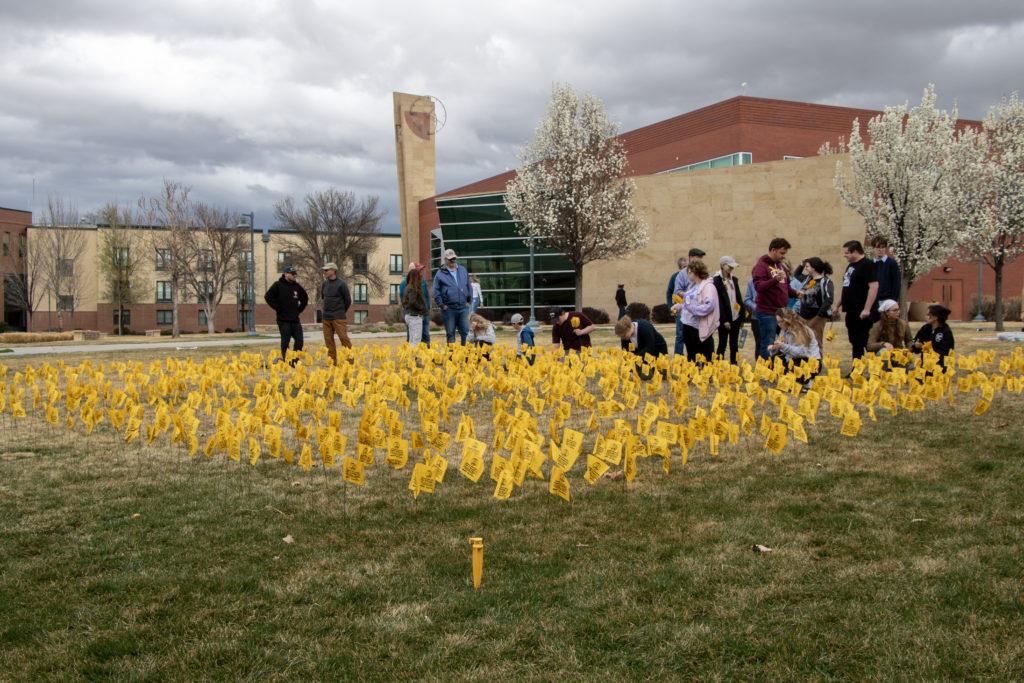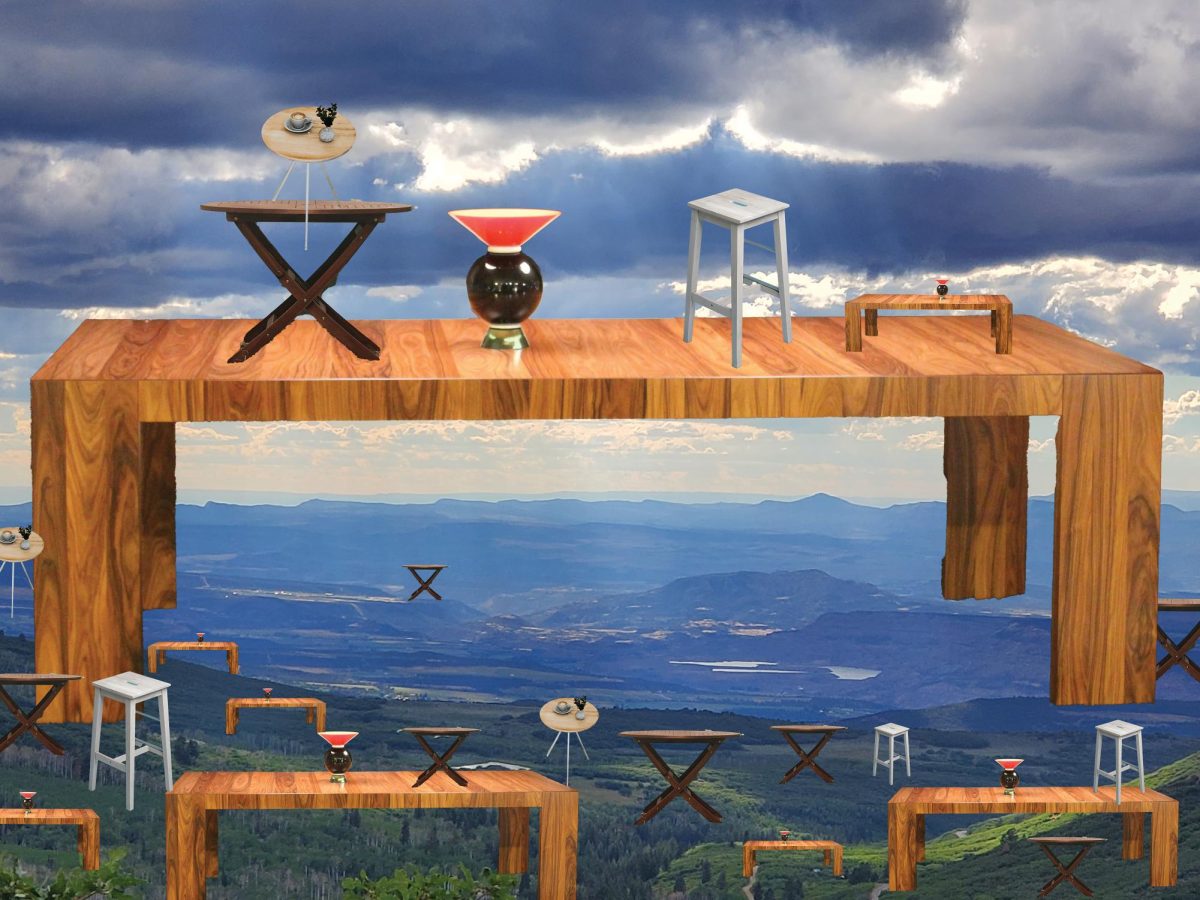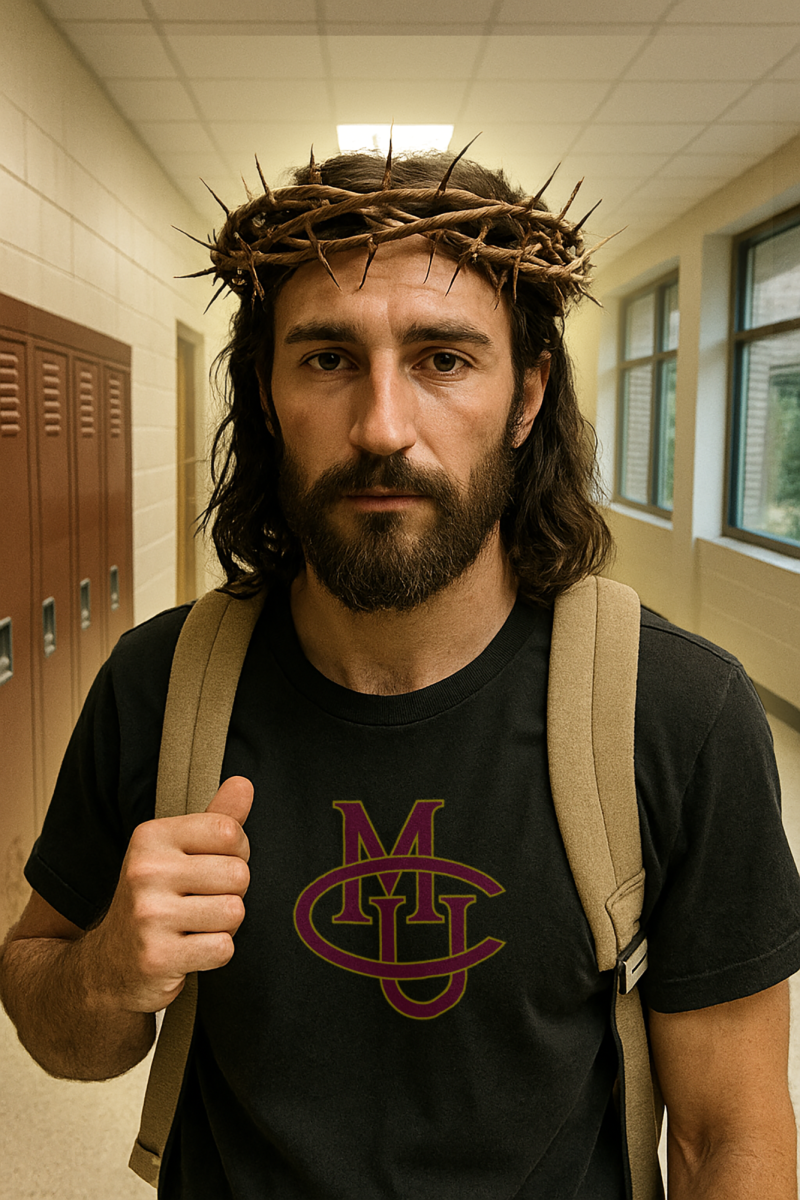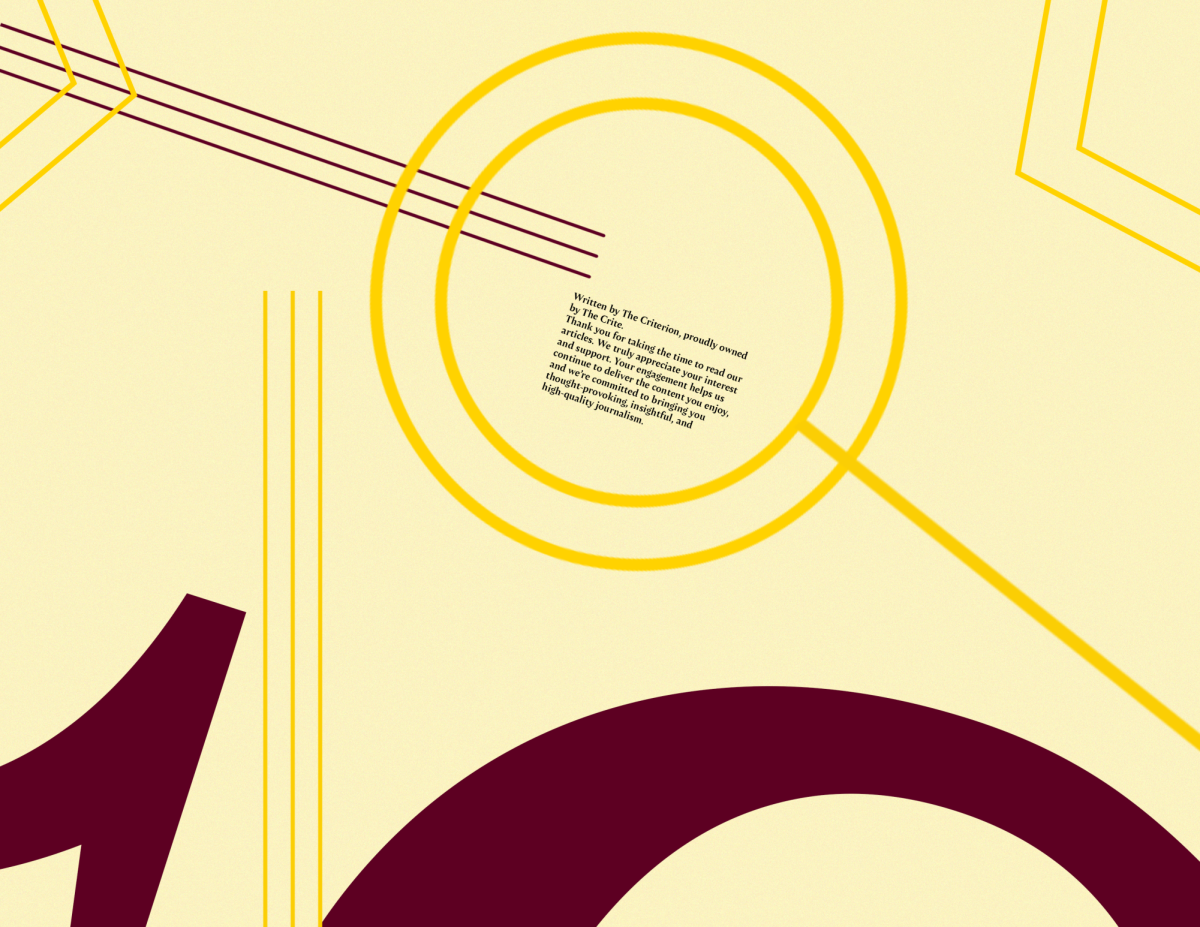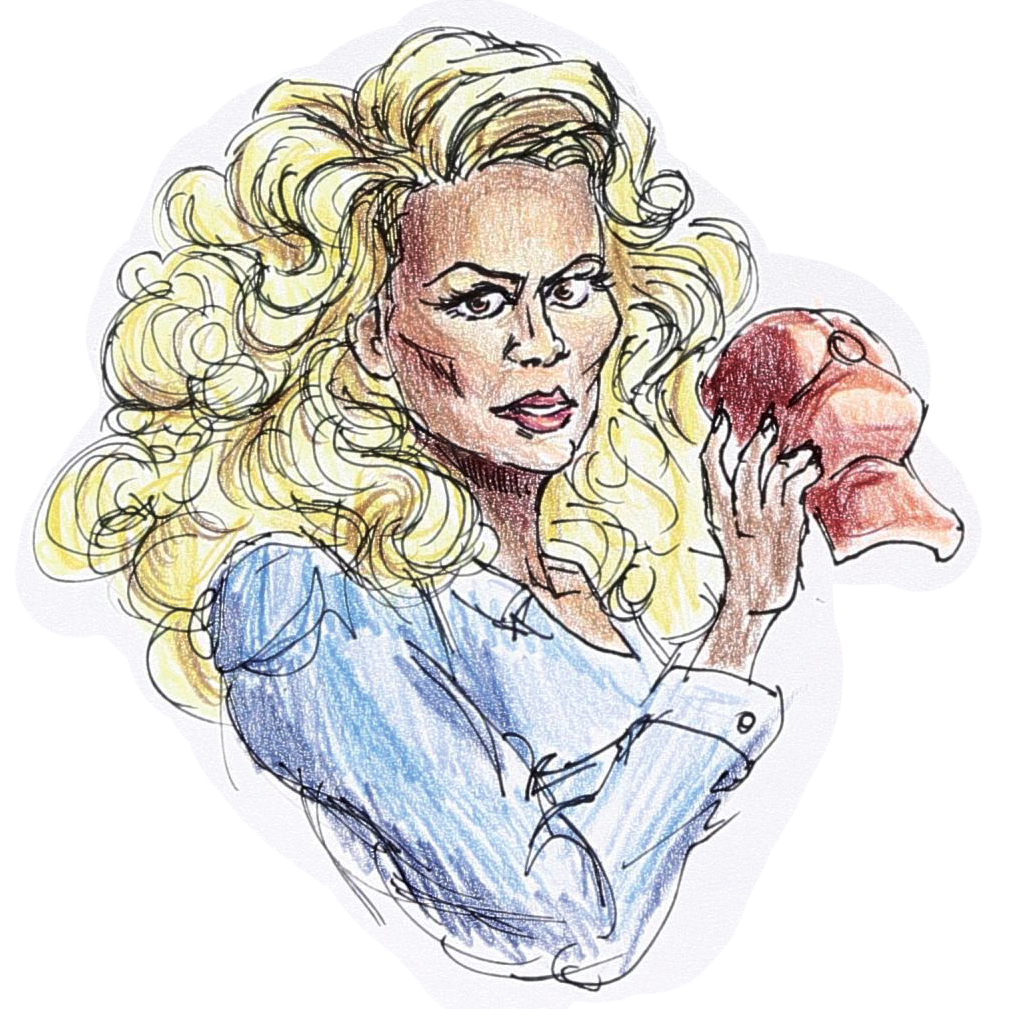Colorado Mesa University (CMU) President Timothy Foster grew up with seven brothers and sisters. Sometimes on Christmas, his dad would ask his family what they wanted from him when he died, always to their chagrin.
Foster eventually relented and asked for a table – a Native American sand painting table his father owned. Depicting a whirling rainbow, the opening in the circle should always face East – a fact brought to his attention by a Native American woman who visited his office.

The table has been in Foster’s office ever since he arrived at Mesa, the circle facing East. And in June, the sun will set on President Foster’s tenure at CMU – leaving the university with a new face in charge for the first time in 17 years.
“I think they would almost all focus around, you know, students, student interactions, whether in class, just around campus, at graduation,” Foster said when asked about what his favorite memories were from CMU.
“I’ll never forget walking out of the UC one day, and there were a couple students up on top of the fountain,” Foster said. And they’re like, ‘Oh, hey, President Foster.’ I go, ‘Okay. Uh, Nice to see you, would you please get off of the fountain? This is not something we climb on.’ But you know, they were completely comfortable with [it].”
After retiring at the end of June, Foster plans to take some time and travel around with his wife, Lisa, before returning to Grand Junction and figuring out what to do next.
“I’ll probably come hang out just in the middle of the campus some days and just sit and watch people go by. And they’ll go ‘I wonder who the creepy old guy is. I see him here often,’” Foster said.
When Foster retires, he’ll leave CMU better off than the Mesa State college it used to be named. Since stepping on campus in 2004, enrollment has grown over 60%, and everything from operating budget to the amount of programs offered to the graduation rate also increased.
“Learning of President Foster’s retirement is very bittersweet. First and foremost, I am excited for him and his wife and this next journey in their lives,” Director of Student Life Shanae Mundee said. “While it is a sad time for CMU and we will grieve the loss of his presence on campus, I think it is important to realize that his presence here will long [out]live his physical time at CMU. We can look around campus and see his lasting impact!”
That includes the recently-built Aspen Hall, Center for Reflection, and Hotel Maverick, all of which have been completed within the last year, and also includes Foster’s hand in how CMU responded to the COVID-19 pandemic, which saw the university hold in-person classes, one of the few in Colorado, for the Fall 2020 semester.
“I will be sad to see President Foster leave. He has done so much for this University, the athletic department and our community,” Head Women’s Volleyball Coach David Fleming said. “I arrived here in 2005 and Mesa State was a smaller commuter school with an average campus. It is unbelievable the transformation that has occurred. CMU is now a gem in the Rockies, and visitors are blown away by the campus.”
“It’s fun to know the students who are performing or getting to know them or you know, you watch them and then you see them and say, ‘that’s amazing, what you did.’ You know, and [that] extends to athletics and to our fans,” Foster said. “You know, the swimmers who in volleyball, take off pieces of clothing as volleyball scores, and their little swimsuits are really funny. Also funny is the fact that some folks in the community get offended by that. They have a swimsuit on. It’s okay.”
According to Foster, one of the most important things that the next President will need to do is continue the university’s culture, something the school prides itself on, which includes smaller class sizes and the ability to get to know professors personally. It’s been a draw for both students and professors alike.
As for what’s next for Foster, anything goes. After some time off traveling, the door is open for law, teaching, politics and whatever else that could happen.




